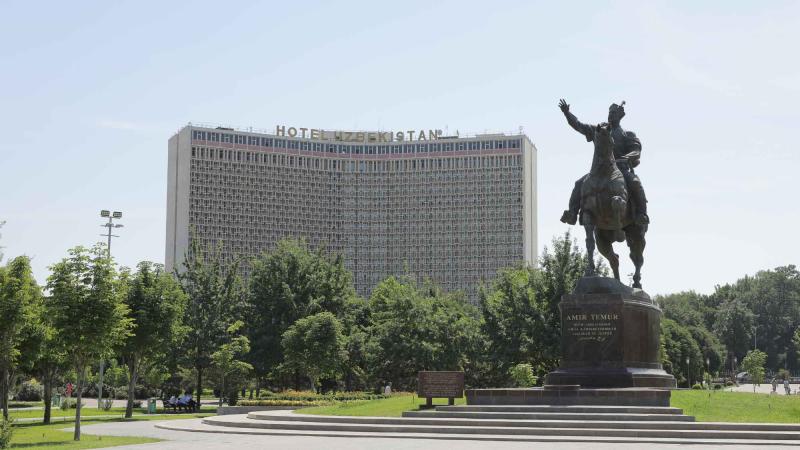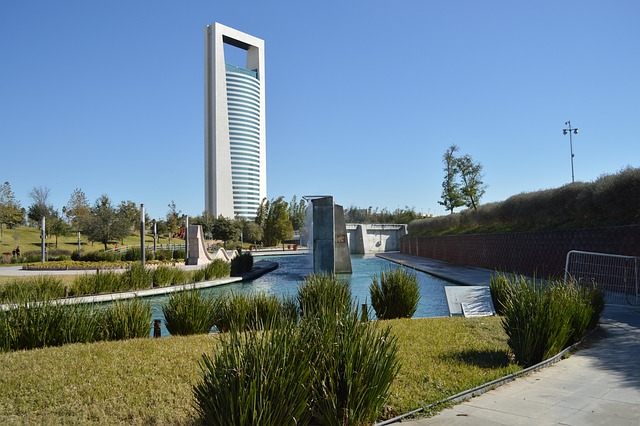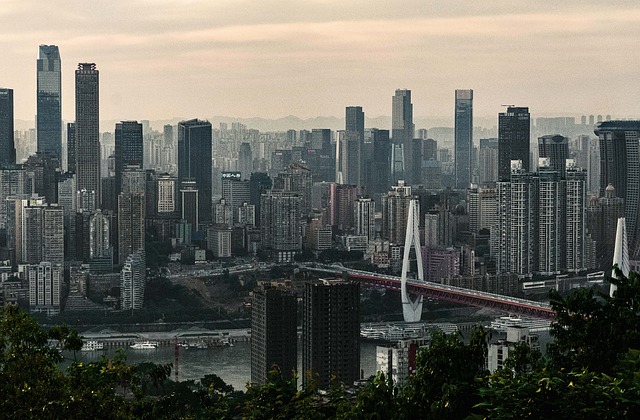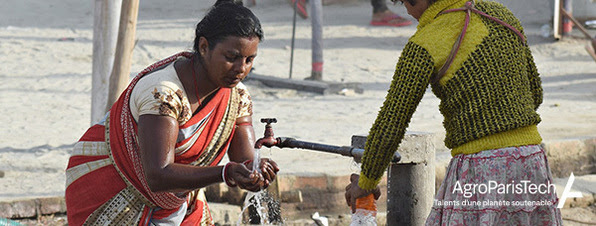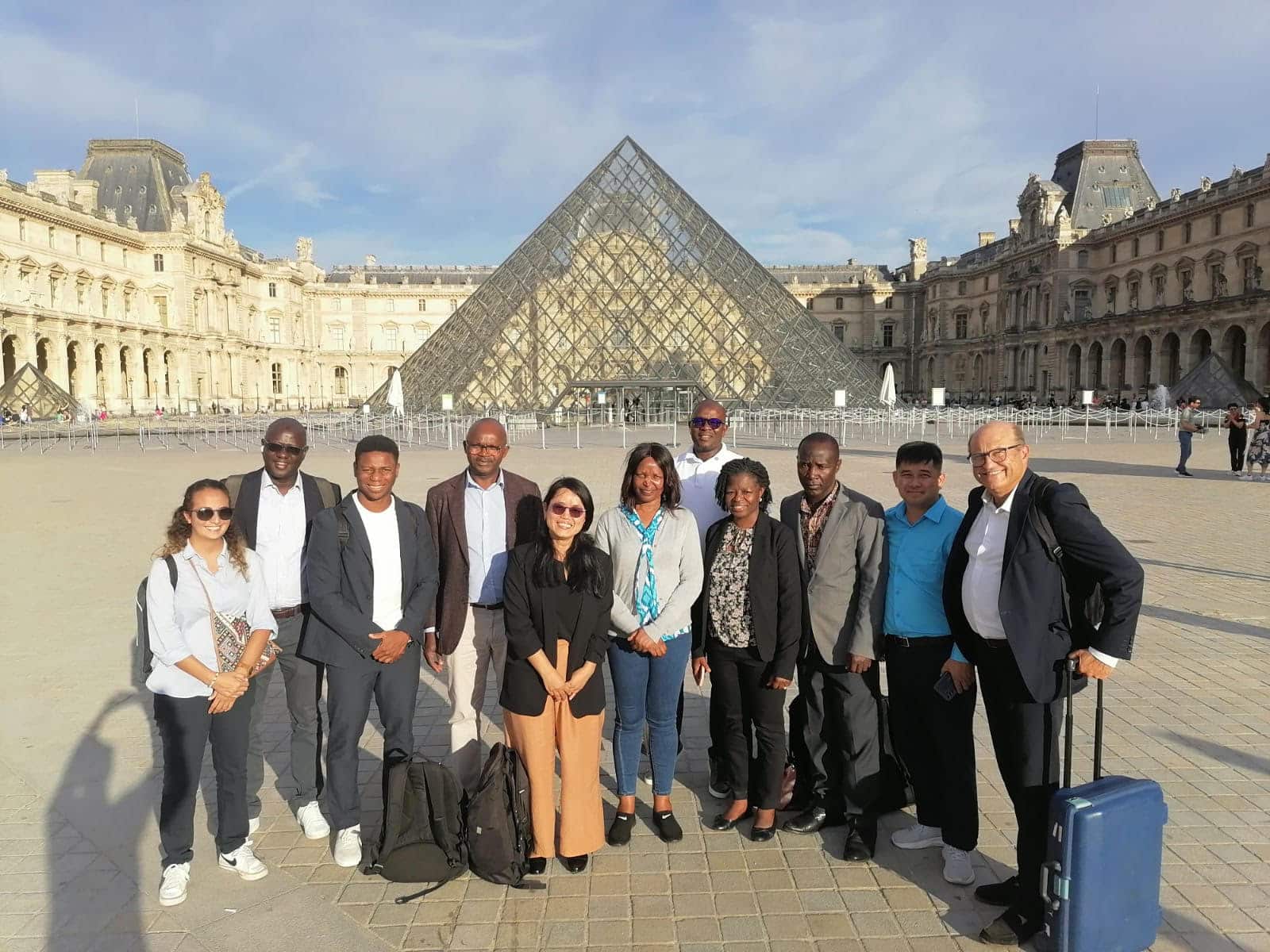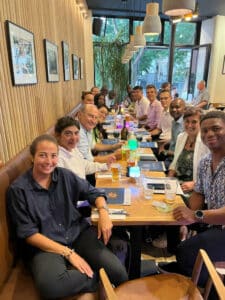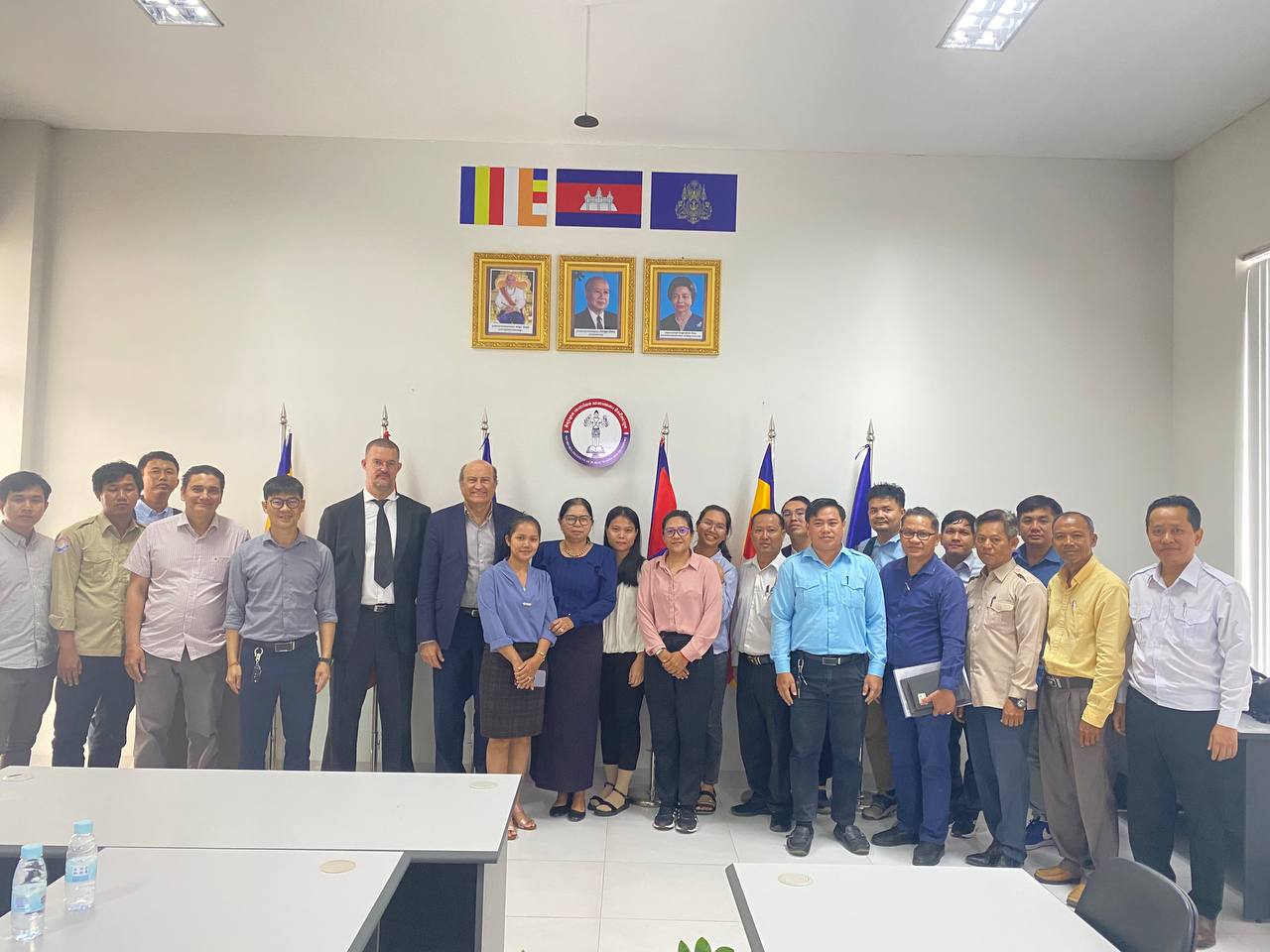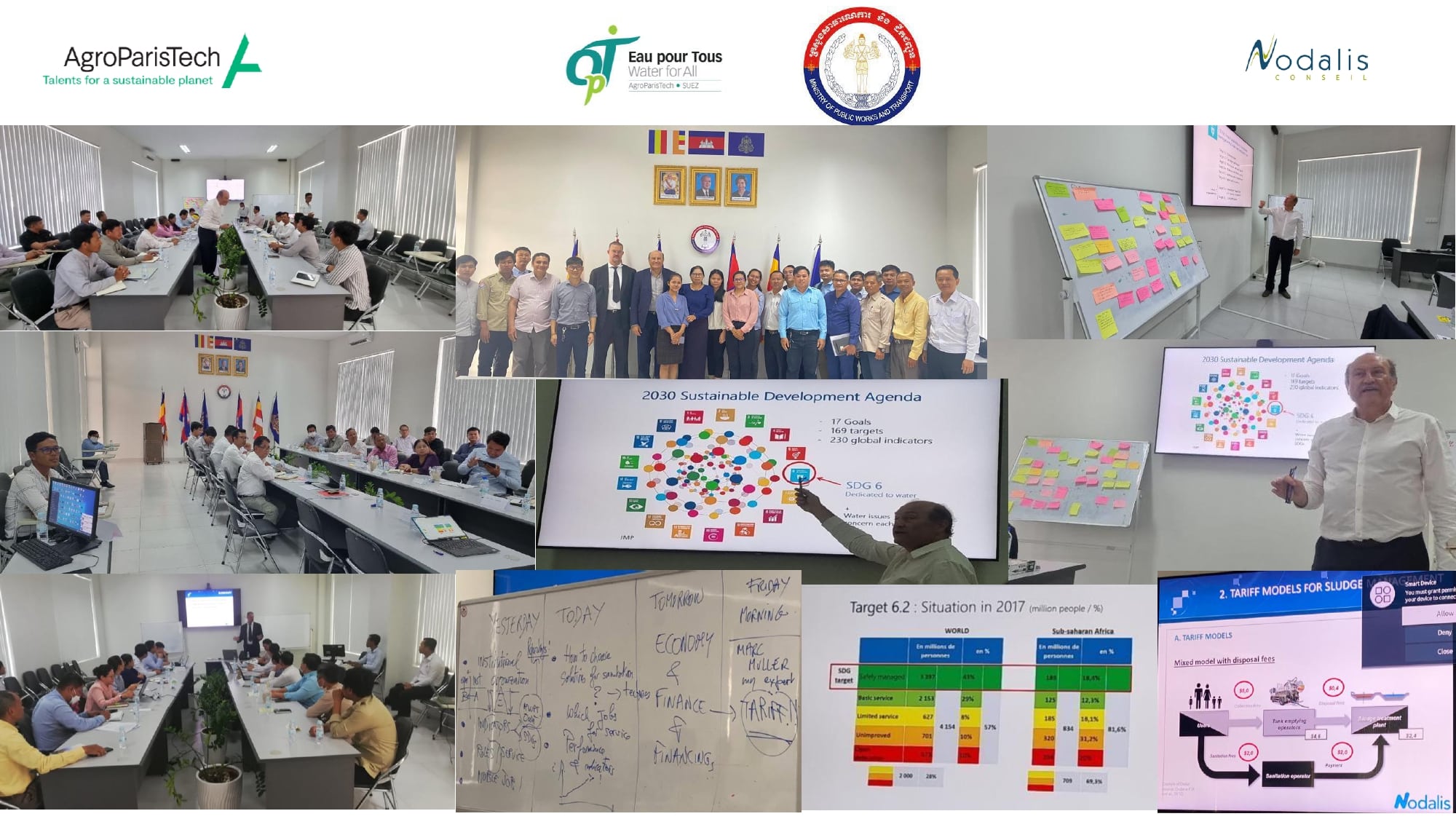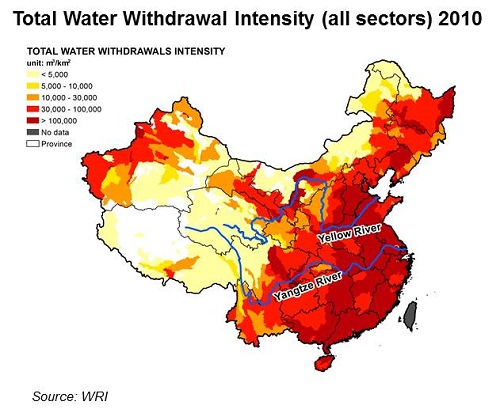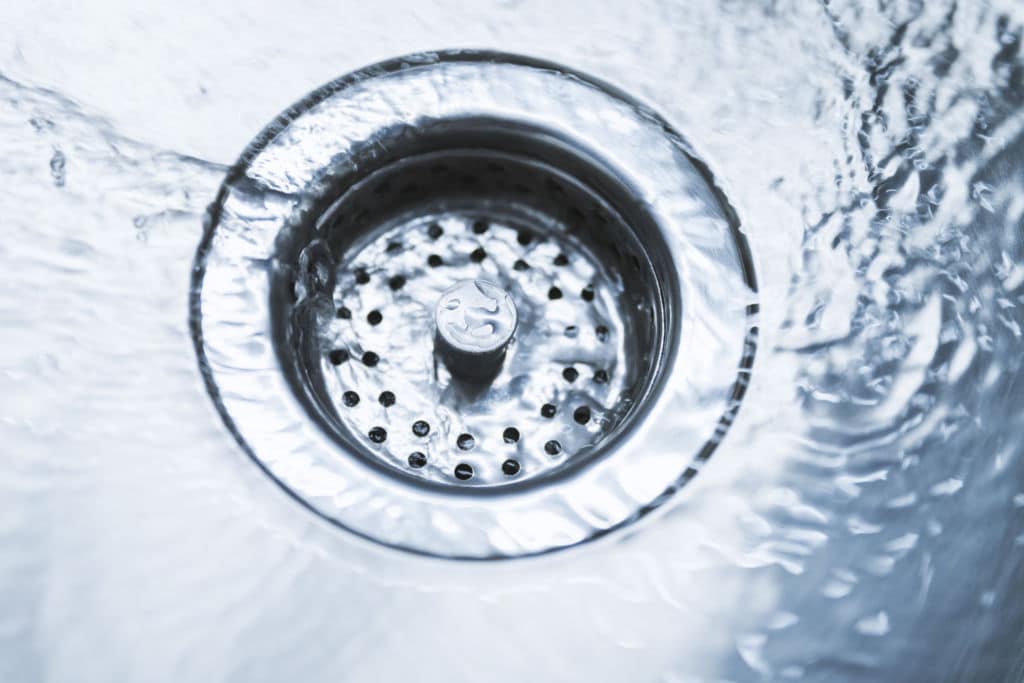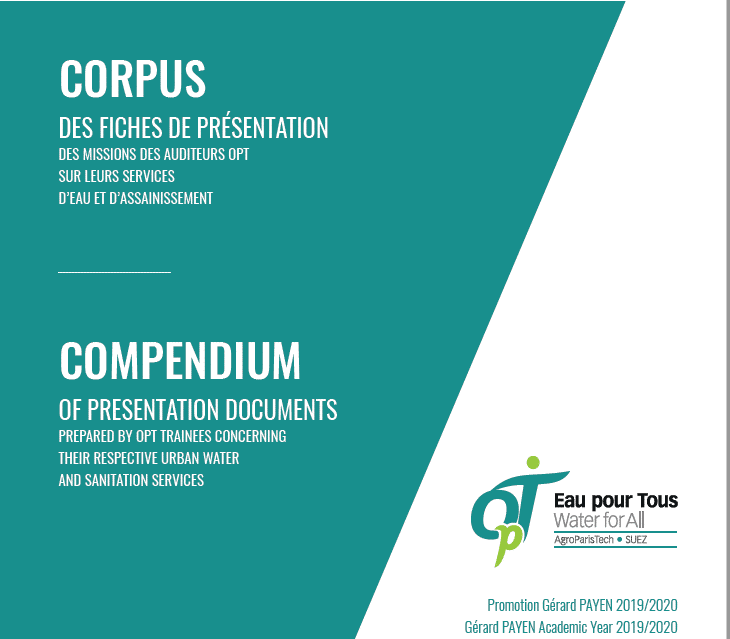SUEZ launches the “Tashkent Water Transformation Plan”, a contract to modernize and improve water and wastewater services in the capital of Uzbekistan.
With rapid demographic growth and strong economic development, the city’s water needs are increasing. To meet these challenges and ensure continuity of services, the Municipality of Tashkent City , together with the National Water Company “Uzsuvtaminot” and the Ministry of Construction, Housing and Communal Services, have decided to implement a strategic project, in partnership with SUEZ.
The goal is to:
? Improve water quality
⬇️ Reduce water loss thanks to advanced leak detection technologies
? Build a customer-focused organization
The contract includes:
▶ The creation of a smart control center
▶ The installation and management of more than 660,000 smart meters
▶ A knowledge transfer program for the Tashkent water company (TSST) teams
Sarvar Khamidov Deputy Minister of Investment, Industry and Trade; Dilshod Azimov, Chairman of Uzsuvtaminot ; Shokhrukh Rakhimdjanov, acting Deputy Mayor of the Municipality of Tashkent City ; Maxime Gehringer, first counselor of the French Embassy; Maksud Abbaskhanov, Director of Tashkent Shahar Suv Taminot and Alumni of the “Water for All” ADVANCED MASTER promotion 2019-2020

